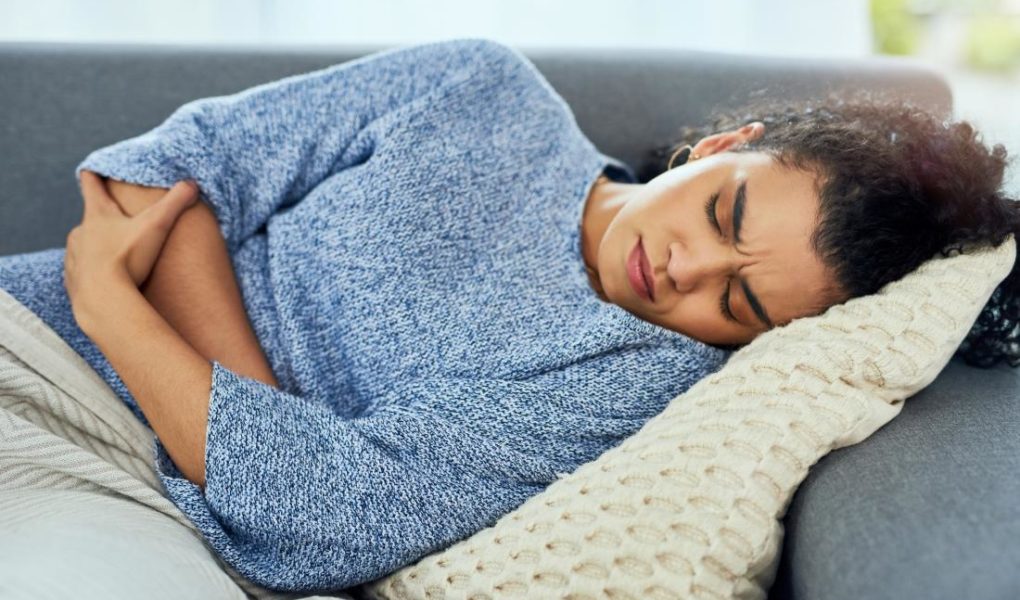Constipation is a condition where a person faces difficulties in emptying the large bowel. It can be referred as a decrease in the frequency of bowel movements. Constipation lasting for a significant amount of time is a symptom of a disease or a medical condition. A person who defecates less than three times a week is likely to have constipation. Chronic constipation is described as infrequent bowel movements that persist for several weeks or longer. Although occasional constipation is common, some people experience constipation to an extent that it interferes with their daily activities and causes trouble like IBS with Constipation (IBS-C).
Causes of Constipation
Some of the common causes of constipation are mentioned below:
Lack of fibre- People who does not take enough dietary fibrein their diet are likely to experience constipation. The reason being, fibrewhen combined with proper hydration promotes regular bowel movements. You must include high-fibrefoods in your diet such as fruit, vegetables, whole grains, nuts, lentils, chickpeas and legumes.
Lack of physical activity- Lack of physical activity can lead to constipation. The studies suggest that people who exercise or participate in marathons are less likely to experience constipation as compared to those who do not. Exercising increases mobility which helps to improve constipation. On the other handpeople who spend days and weeks in bed carry a high risk of constipation.
Aging– Constipation tends to increase with aging. The exact impact of aging on constipation remains unclear. It could be because the food takes longer to pass through the digestive tract with age. The other factors could be- medical conditions, low intake of fibre, less mobility, etc. could also lead to constipation with age.
Changes in routine- Travelling can affect the digestive system. Not just this, change in the pattern of meals, going to bed or using the bathroom at different times can increase the chances of constipation.
Laxatives– Many people use laxatives to trigger bowel movements. Although laxatives can help with bowel movements, the regular use of laxatives enables the body to get used of them. It can make a person continue to use laxatives even when they do not need it.
Medications-The use of certain medications such as Tricylic antidepressants, opioid pain relief drugs, anticonvulsants, antacids, diuretics and iron supplements etc. can increase the chances of constipation.
Symptoms of Constipation
Some of the major signs and symptoms of constipation are mentioned below:
- Passing less than three stools a week
- Straining to have bowel movements
- Lumpy of hard stools
- An urge to empty your rectum
- Feeling that you cannot empty the stool from your rectum
- Feeling of blockage in your rectum
Other symptoms include:
- A loss of appetite
- Nausea
- Feeling Bloated
- Pain and cramping in the abdomen
Complications of Constipation
Constipation is often acut, but it can be chronic as well. If your constipation persists for a long time, it can cause:
- Anal fissures– Anal fissures are small tears in the skin around the anus which is accompanied by pain, bleeding and itchiness
- Faecal Impaction– Faecal impaction is the inability to push stool out because it is hardened and packed in the rectum tightly.
- Haemorrhoids-Haemorrhoids are swollen inflamed veins in the rectum that cause rectal pain and bleeding.
- Rectal Prolapse- Rectal Prolapse is a condition which causes the part of the rectum toprotrudeout of the anus.
When You Should Consult a Private Gastroenterologist?
You should immediately make a consultation with a private gastroenterologist if the symptoms are severe or last longer than three weeks. Significant changes in bowel movements, severe pain in the anus during a bowel movement followed by loss of appetite, nausea, fatigue. Will necessitate calling upon the help of a gastroenterologist.
Though constipation is extremely uncomfortable, it can be treated. Chronic constipation may signal a serious underlying condition and in the worst case, cancer of the bowel. In certain cases, constipation may lead to complications such as:
- Anal pain
- Rectal Bleeding
- Anal Fissures
- Faecal Impaction
- Rectal prolapse
- Vomiting and abdominal pain
Things You Should Do If You Are Constipated
If you are constipated, you should:
- Drink at least eight glasses of water in a day
- Drink warm liquids
- Add more fruitand vegetables to your diet
- Do not try control the urge to pass stools
- Exercise daily
- Include high-fibrefoods such as whole grain cereals, oats, rice, beans, etc.
- Try an enema. Enemas work to soften tool to produce a bowel movement.
- Trying colonic massage can help stimulate the bowels.
These are several things you can do on your own to make yourself pass stool. If despite trying all the things you are unable to empty the colon, it makes sense to get in touch with a private gastroenterologist. A gastroenterologist will get to the root cause of the problem and suggest solutions to treat the problem.




